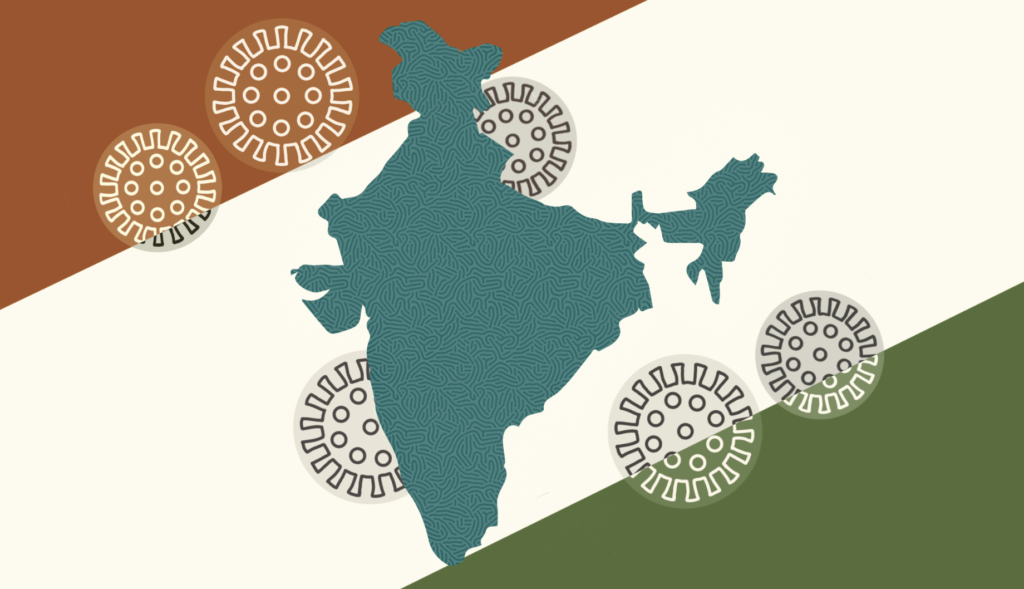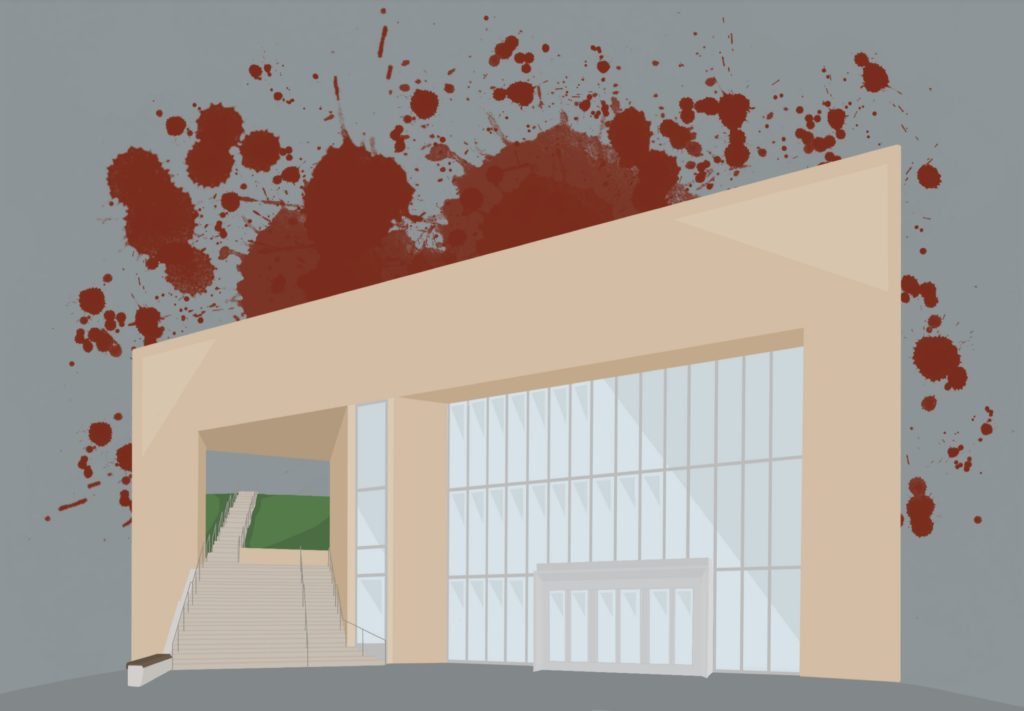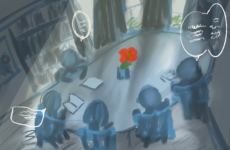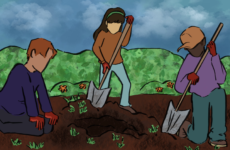
With a recent spike in Covid-19 cases, India is currently faced with the world’s largest outbreak. Compared to the United States, where personal protective equipment and vaccines are readily available, India is struggling to contain the tragedy of growing infections amid mass cremations and shortgages in basic medical supplies. Three members of the Choate Student Asian Association (CSAA) voice their opinions on the Covid-19 crisis, share how they have been personally impacted, and urge the Choate community to do more.
Shivani Sharma, a fifth-former from Saudi Arabia:
My heart sinks as I go to CNN.com and read article after article about India’s Covid-19 crisis. I don’t look at the photos, though. I can’t. It’s too painful. Words like “oxygen shortage,” “funeral pyres,” and “dead bodies in the Ganga River” crowd my thoughts as tears well up in my eyes. My whole extended family, many of whom haven’t received the Covid-19 vaccine yet, lives in India, and I’m terrified. I’m terrified of something happening to them; terrified of feeling numb to this crisis; terrified that I’ve already become numb; terrified because I know that even after a few years when things return to some semblance of normalcy, India will never be the same. Thousands have died of Covid-19 and millions more have been forced into poverty — a reality that will have lasting generational effects.
When I look around at my own life, I remember all over again that I’m sitting in the lap of luxury. I have access to masks, clean water, soap, and hand sanitizer. I’ve already received both doses of the Pfizer vaccine, despite the many more vulnerable people in India who haven’t. As an Indian-American, I feel disconnected. India isn’t my home, but it’s where my parents grew up — Indian culture is part of me. So, as I read about the hopelessness of India’s Covid-19 situation, my heart continues to break. To my fellow Choate students: let us not forget how lucky we are to have access to so many health resources and to have the ability to take all the appropriate precautions. I hope we’ll all continue to educate ourselves on the Covid-19 crisis in India and how it is affecting neighboring nations. If you’re able to, please donate to organizations such as GiveIndia to support India in its time of need.
Saijel Burkett, a fifth-former from Denver, CO.:
Our school has made some progress that I have been proud of in recent months. After everything that has happened this year, from the Black Lives Matter protests to the attack on the U.S. Capitol, Choate brought back its Current Events Resource Group (CERG). I thought the reintroduction of this group would be great for our school: everyone would be supported as they learned to deal with current issues in our world. And, in many ways, it has been. But, as the number of Covid-19 cases started declining here in the United States, they began to rise on the other side of the world, particularly in India. I waited for the day someone would reach out to ask if my family and I were okay. My family in India is trapped in their home because they do not want to contract Covid-19. As political figures in India continue to hold large, maskless election rallies, any venture outdoors is dangerous. Yet, I am not aware of any support from the administration for students from India or students with family members who live there. The School appears to be failing in its goal of supporting all students. Please do not ignore me while my family members are dying. Please don’t expect me to act like everything is normal while I worry about the well-being of my family. I urge the CERG to provide support to students who may be affected by the Covid-19 crisis in India.
Maya Rose Chiravuri, a fourth-former from Bridgeport, Conn.:
Over the past month and a half, many other South Asians and I have been faced with the crushing news of family members dying or falling ill to Covid-19 at increasing rates. This crisis has highlighted global healthcare disparities. My family in India also lives in an area where social distancing is uncommon, and personal protective equipment isn’t widely accessible. Thus, they don’t have much control over whether or not they are exposed to Covid-19.
Many South Asians in America are now experiencing “Survivor’s Guilt” — the feeling of being privileged enough to have access to these basic necessities while helplessly watching others suffer. Trying to keep up with which of my family members are sick and worrying about which ones might become sick has been emotionally taxing for me. I know that many of us want to forget about this pandemic and thus have become desensitized to the neverending Covid-19 headlines, but not everyone in the world has the privilege to turn a blind eye. If you’re looking to help the South Asian community, you can start by bringing awareness to the crisis, which is something that I wish I could have seen from the Choate administration. Check in on your South Asian friends, students, colleagues, and classmates; let them know that you acknowledge their struggles and are there to support them.




